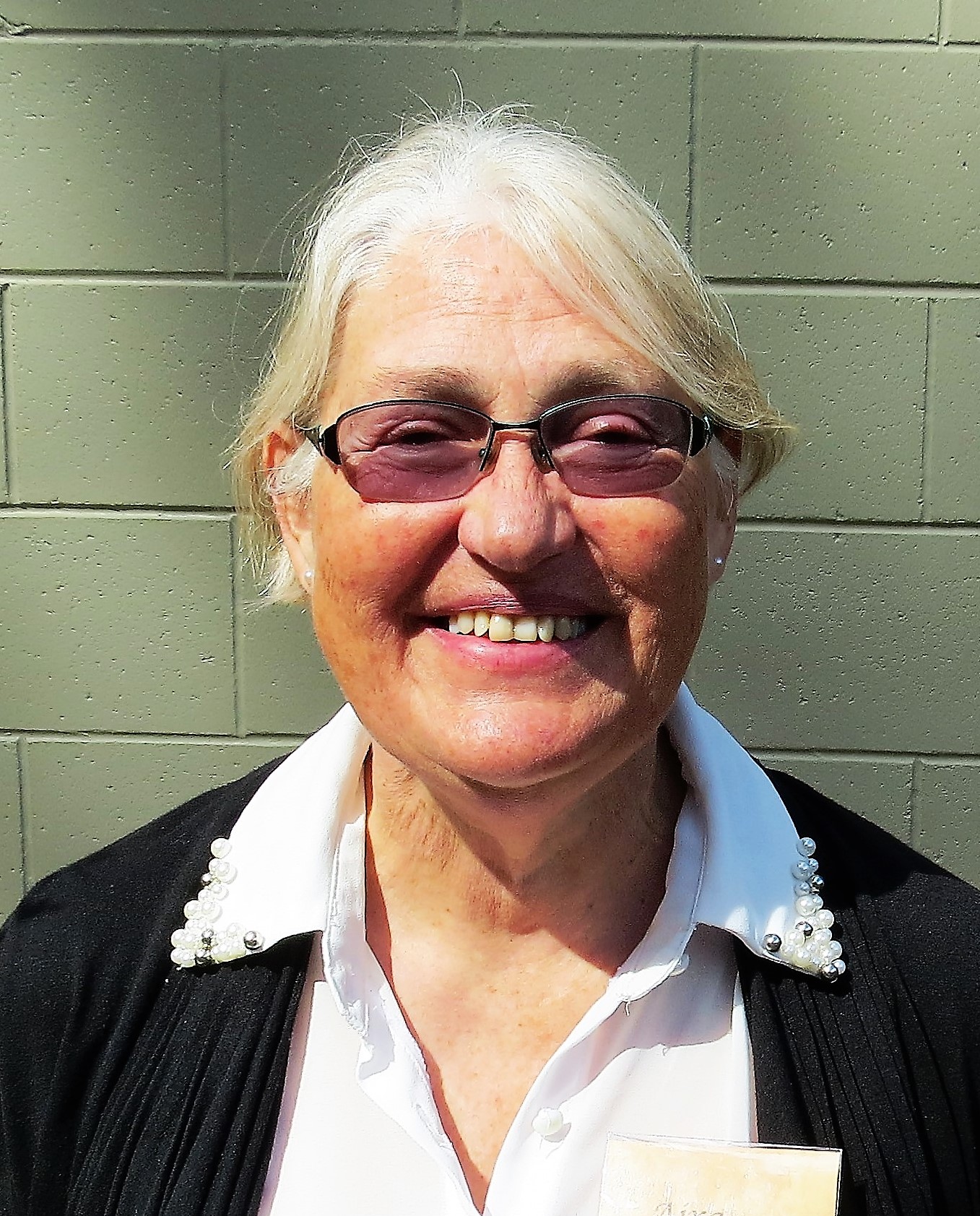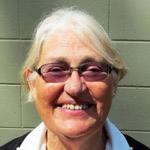What is it about missionary organizations that cause them to look with suspicion upon people who claim they are unmistakably called by God to go out into the mission field?
I fully understand that going to be a missionary in an unfamiliar place among a culture and customs that are very different, can be fraught with problems, especially if you are unprepared. There do need to be checks and balances, if only to confirm that the call from God is genuine.
But there are a large number of missionaries in the last two centuries, some of whom have heard the audible voice of God telling them to go, who have been rejected by the organization they chose to align with. Many of these decided to go anyway, by themselves or against advice, and while they withstood many incredible hardships, they made significant impacts in their chosen field.
Timothy Richard – mission reject
Timothy Richard was converted to Christ during the Great Welsh Revival, 1858 – 1860. He felt the call of God on his life to go to China as a missionary, but was rejected by CIM (China Inland Mission), possibly because he wasn’t educated enough. So he attended Bible College because he was sure of God’s call, and after graduation went to Shandong province in China with his wife Mary, in 1870.
Once there, Richard still managed to upset fellow missionaries by using a different strategy to reach the people, recognizing the hierarchical structure of Chinese society and using that to his advantage.
Despite much opposition from his missionary colleagues, he persevered and has been called “one of the greatest missionaries of any branch of the Church” by church historian Kenneth Scott Latourette.
Shandong - the Revival Province
This book by Paul Hattaway (author of The Heavenly Man) is a challenging read, especially for anyone aspiring to mission work.
After providing some historical background about Confucius and Marco Polo, Hattaway begins chronicling Shandong’s revival with the arrival of missionaries, such as Timothy Richard, in the 1800s.
Throughout his book, several familiar names flit past. It was interesting to me to put these names in context: I had come across them as being involved in mission to China, but not chronologically or in connection to Shandong.
In 1900 the Boxer Rebellion began, in an attempt to expel all foreigners. 245 Christian believers were killed by the Boxers
Lottie Moon, sent by American Southern Baptists, saw revival before her death by starvation in 1912. However, she found missionary life excruciatingly lonely and ultimately she was neglected by the Baptists who sent her out.
In the 1930s, Evangelistic Bands, carrying bags of gospel literature, were mightily used by God. Three famous preachers - Andrew Gih, Watchman Nee and John Sung were instrumental in revival across the province.
In the 1940s, Olympian Eric Liddell (Chariots of Fire fame) with his wife Florence, were called by God. Eric was imprisoned and died in 1945 just before the end of the Second World War.
Hallmarks of revival
The powerful effect of the Holy Spirit falling on a people is undeniable: the conviction of sin, righteousness and judgement (John chapter 8, verses 5 – 11). Signs and wonders took place, the way they had in Acts. Deliverances from demons were another sign of God’s presence, to the point of unsettling the American Southern Baptists hearing about them.
Confessions of sin and repentance allowed God to work miracles of healing and other supernatural events such as bringing rain.
In fact, One could sense that the Holy Spirit controlled the confessions because no one accused or implicated others. There were no unwholesome confessions, only broken and contrite hearts making things right with God and each other (page 131).
One village missed out on the revival despite much prayer and yearning. Seeking the Lord, the Holy Spirit showed them that idols were hidden and when they were dug up the village was free (page 177).
Persecution
Christians experienced severe and brutal persecution at the hands of the communist government, their own countrymen, the invading Japanese and especially during the Cultural Revolution led by Mao Zedong and his fourth wife, Jiang Qing.
Freedom of religion became freedom to persecute (page 181). (Does this resonate with anyone about the religious freedom we are losing in Australia?). Even in 2016 Christians faced enormous pressure.
A different form of persecution arose in the 2010s when the Three-Self Church in collusion with the government controlled the supply of Bibles, leaving people in house churches vulnerable to spiritual immaturity and the effects of cults (page 250).
The need for Bibles
In the late 1970s Brother David (God’s Smuggler) was instrumental in bringing Bibles in to China. Yet even he was opposed by some missionary groups! There remains a most urgent need for Bibles.
By 1990s, the Christians in Shandong province had developed a conservatism and resistance to change. Healthy skepticism actually protected them from false doctrines from among Chinese themselves, and they re-affirmed a policy of non-contact with overseas churches.
The number of house churches grew, followed by persecution. Strong growth was marred by lack of spiritual maturity and leadership, and lack of Bibles. Hattaway shares poignant snapshots of what it is like to be Christian, especially without solid teaching and Bibles.
Asia Harvest is one group that is willing to print and distribute Bibles to China. At the time of writing this book, there are about 5.3 million professing Christians in Shandong Province (p260).
So you think you’re a missionary?
Are you confident of God’s call on your life? Are you experiencing opposition from people within and outside the church? Are you seeing the manifestation of God’s Spirit through signs and wonders and confession of sins? Are you seeing an immense hunger for God’s word?
Then yes, you probably are a missionary. But nobody said it would be easy!
Reference:
Hattaway, P. 2018 Shandong The Revival Province Society for Promoting Christian Knowledge, 39 Causton St London, SW1P 4ST.

Aira Chilcott is a retired secondary school teacher with lots of science and theology under her belt. Aira is a panellist for Young Writers and indulges in reading, bushwalking, volunteering at a nature reserve and learning to play clarinet. Aira is married to Bill and they have three adult sons.
Aira Chilcott's previous articles may be viewed at http://www.pressserviceinternational.org/aira-chilcott.html

Aira Chilcott is a retired secondary school teacher with lots of science andtheology under her belt. Aira is an editor for PSI and indulges inreading, bushwalking and volunteering at a nature reserve. Aira’s husband Bill passed away in 2022 and she is left with three wonderful adult sons and one grandson.
Aira Chilcott's previous articles may be viewed at http://www.pressserviceinternational.org/aira-chilcott.html